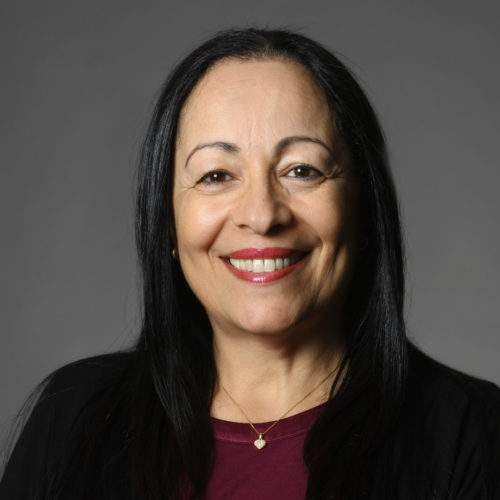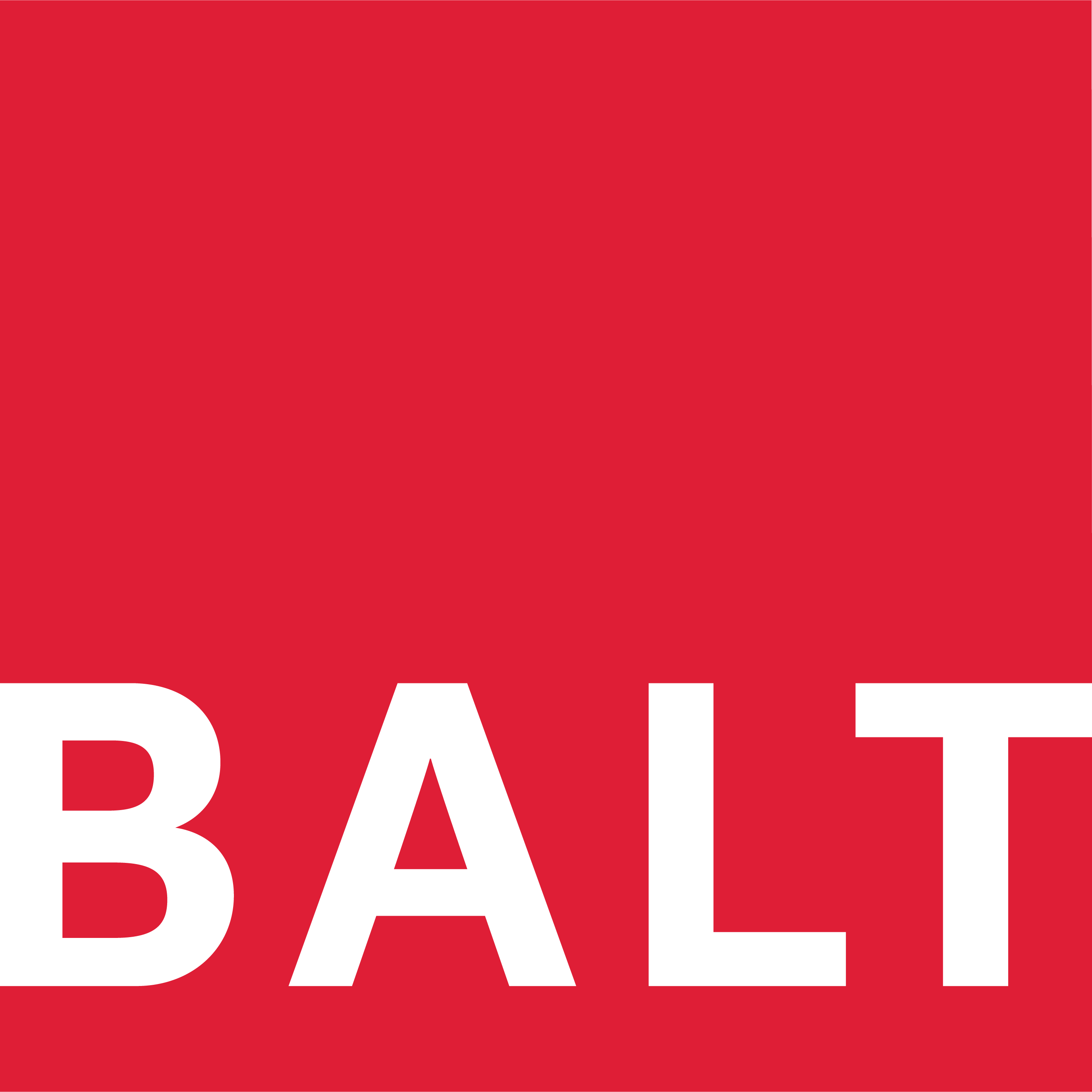| 1.45 pm | Registration | |
| 2.00pm | Dr Yedida Bessemer (USA) |
Paper presentation 5 Developing and improving data literacy among online faculty through professional learning communities: An action research study |
| 2.40 pm | Comfort break | |
| 2.45 pm | Celeita Williams Auckland University of Technology (New Zealand) |
Paper presentation 6 Impact incontinence: Can the ambulance be at the top of the cliff? |
| 3.25 pm | Afternoon tea Breakout rooms remain open for casual networking |
|
| 3.45 pm | Prof Shankar Sankaran University of Technology Sydney (Australia) |
Workshop 2 Action research as a meta-methodology: Facilitating actionable knowledge |
| 5.10 pm | Learning Lounges | Dinner break Breakout rooms remain open for casual networking Rooms will close at 6.00pm Registration for next session opens at 6.15pm |

Dr Yedida Bessemer
USA
Developing and improving data literacy among online faculty through professional learning communities: An action research study
Online schools or “virtual academies” are a burgeoning field in both K-12 and higher education and provide an opportunity to study the transition from brick-and-mortar to “remote schooling” and its effects on public education. However, the research has not kept pace regarding providing appropriate professional development and learning for online administrators and educators. Also, educational organizations are being flooded with data along with the expectation that teachers–online teachers included–will know how to use these data. Unfortunately, teachers feel overwhelmed and often lack the knowledge and skills to interpret and utilize data appropriately to benefit their practice. This action research study examined the two topics of professional development and learning as well as data literacy among online school faculty members, both of which having been identified as needs by the research site. Data were collected through online questionnaires, individual interviews, observation protocol, field notes, and a researcher’s journal. Data analysis employed grounded theory by using thematic coding. The action research study’s finding revealed that the participants acknowledged the benefits of initiating a Professional Learning Community (PLC) process focused on data literacy knowledge and skills. The participants indicated that the PLC meetings provided a safe space to share their experiences, and the knowledge and skills acquired helped them to improve their practice by cultivating trust, developing effective communication, encouraging collaboration, and fostering positive relationships with their students and families as well as among the online educators themselves. The PLC meetings helped the participants to put human relationships in the center of their practice. In addition, the findings indicated that the intervention was successful and showed the benefits of initiating a PLC process to improve their professional development. This process can be continued and expanded to help educators and the organization itself grow and improve.

Celeita Williams
Auckland University of Technology
New Zealand
Impact incontinence: Can the ambulance be at the top of the cliff?
Ambulance clinicians frequently assess people in the community after a fall or near fall. The author is undertaking a participatory action research (PAR) project to assess the impact of incontinence on falls, as seen by ambulance clinicians. The project aim is to improve ambulance clinician education and practice around incontinence and falls, in order to reduce harm from falls. It is hypothesised that early identification and referral of a person with urinary incontinence, can prevent the occurrence of further falls and fractures in the community.
At the first meeting of the PAR working group, it was recommended that the action should be to remove the ‘Timed up and go test’ and ‘Romberg’s’ test from clinical practice by ambulance clinicians in New Zealand. The group considered that these tests did not add value to a falls assessment, and could be creating harm by invoking a fear of falling. Furthermore, as part of this research project it has been found that ambulance clinicians were not always referring people at risk of falls, or those who had fallen, to a falls prevention programme and that this was a barrier to best practice.
The PAR group members involved in this project are from many components of the health care system. These members include a neurologist, and specialist nurses from the following fields: falls and fracture management, women’s health, general practice, gerontology and continence management. With this team working together, the breaking down of silos with action learning and action research has already begun, resulting in an improvement in patient assessment and falls referral throughout all areas of clinical practice. This shows potential for transformational change, meeting the purpose of PAR.

Prof Shankar Sankaran
University of Technology Sydney
Australia
Action research as a meta-methodology: Facilitating actionable knowledge
Action research (AR) takes place in many shapes and forms although it has some basic characteristics that define it. In this presentation I would like to discuss the use of Action Research as a Meta-methodology and invite audiences to participate in reflection on this particular use of AR
The first was in an Australian Research Council Funded linkage grant investigating leadership of non-profit organizations in aged and community care. While the research itself used a variety of conventional research methods the key action researchers in the team decided to use AR to guide the research as members of a steering committee governing the project. We used governance meetings as opportunities to reflect on the research and adjusting it so that it will achieve its aims and provide value to its stakeholders. (Dick et al. 2015)
The second was in an international research project in project management investigating the balance between vertical leadership and horizontal leadership This was sponsored by the Project Management Institute. The research was carried out in nine countries and at the peak we had twenty-six researchers on the project. After the project was completed, we presented the collaboration that made it a very successful project as an AR reflection with the three principal investigators reflecting back on the research using AR as a meta methodology. (Sankaran et al. 2019)
I plan to present both these applications of AR to open up discussions with the following questions:
- What is a meta-methodology ? How does action research fit into this definition?
- Would a post reflection on action research qualify its use as a meta-methodology?
How can the use of action research as a meta-methodology help to create actionable knowledge?
